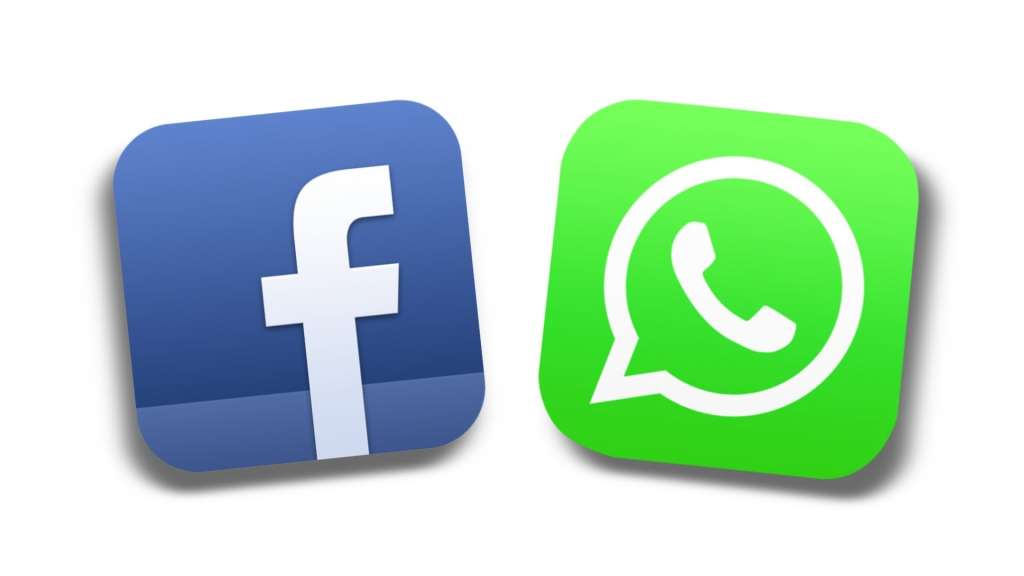SAO PAULO, Court officials in Sergipe state confirmed that a judge had ordered the jailing of Facebook Vice President for Latin America Diego Dzodan. Thus the Brazilian police arrested the senior Facebook executive on Tuesday as a dispute accelerated over a court’s demand that the company provide data from its WhatsApp messaging service to help in a private drug-trafficking investigation.
However the federal police in Sao Paulo state said he was being held there for questioning.
To avoid compromising the ongoing criminal investigation, the law enforcement officials withheld further information about the nature of their request to the messaging service that Facebook Inc acquired in 2014.
The arrest came as social media and Internet companies face mounting pressure from governments around the world to help them spy on users and filter content. Such arrests of officials from social media companies are very rare, though not exceptional, since the companies typically comply with local court orders, especially from countries where they have branch offices. However Facebook called this arrest as an “extreme and disproportionate measure”.
Marcia Hoffmann, Internet law attorney, said that WhatsApp is a company that was launched very focused on U.S. laws, however now that it’s owned by a company with people and resources in other countries, there is more leverage for those governments to put pressure in new and in different ways. Consequently arresting executives is one of them.
Internet freedom activist, Rebecca MacKinnon stated that “Precisely because these large global Internet companies have staff in many countries who are vulnerable to legal action including arrest and criminal charges, they generally do comply with legally binding requests from authorities for user data or to remove or block content in those countries where they have ‘boots on the ground,'” .
Because it did not have staffs scattered around the globe; unlike and previous to its acquisition by Facebook, California-based WhatsApp had less skin in the game in disputes with governments outside the United States.
Meanwhile details of the case remain foggy; court officials said the judge in Brazil resorted to the arrest after issuing a fine of 1 million reais ($250,000) to compel Facebook to assist investigators to access WhatsApp messages that are relevant to their drug-trafficking investigation.
Which is probably impossible since WhatsApp began using end-to-end encryption technology in 2014 that prevents the company from monitoring messages that travel across its network, said Christopher Soghoian, principal technologist with the American Civil Liberties Union.
Soghoian said that the arrest raised as Apple Inc finds itself at odds with the United States government on parallel grounds. “They are on use of technology in an attempt to take themselves out of the surveillance business,”.
Apple has refused the U.S. prosecutors’ request of the company to build a software tool that helps investigators unlock the iPhone used by one of the shooters in the San Bernardino, California, attacks. The refuse came as with Apple stating that this would set a dangerous precedent that would make its customers vulnerable to spying.
Although the confrontations hardly rise to the prominence of Apple’s current standoff with the U.S. authorities, yet privacy concerns have previously put Facebook at odds with Brazilian law enforcement seeking evidence in criminal cases.
In December, a judge suspended Facebook’s popular WhatsApp phone-messaging service in Brazil for about 12 hours after it failed to fulfill both of the court orders when demanded to share information in a criminal case.
According to legal expert Ronaldo Lemos, a chief architect of that 2014 law, Brazil passed an Internet law two years ago intended at streamlining thorny legal issues, but lower courts still have vast discretionary powers.
Lemos stated that the “The court of appeals tends to be more sensitive in these cases, but the lower courts are still tough, as today’s decision shows”.

